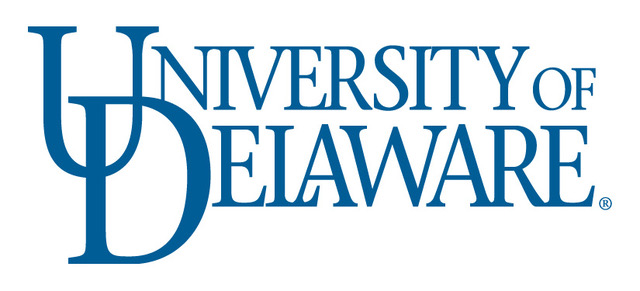Teacher Education Reform in the United States and the Theoretical Constructs of Stakeholder Mediation
DOI:
https://doi.org/10.22230/ijepl.2007v2n6a42Keywords:
Teacher education reform, United States teacher education policy, Higher education, Education ReformAbstract
In the United States, 48 of the 50 states have adopted standards-based policies that attempt to reform teacher education and licensing from an input-based course and credit system to one based on outcomes and performance through their authority to approve preparation programs. This article draws from qualitative, collective case study research that examines implementation tensions between the new program approval policies and the program administrators, faculty, and students of teaching at three Wisconsin teacher-preparing institutions. The findings suggest that stakeholders' beliefs and sensemaking mediate the policy directives to the point that program completers continue to receive the same preparation despite reform efforts. The theoretical constructs to support this claim are presented and potentially shed light on stakeholder mediation in other education reform efforts.Downloads
Published
2007-08-13
How to Cite
Bales, B. L. (2007). Teacher Education Reform in the United States and the Theoretical Constructs of Stakeholder Mediation. International Journal of Education Policy and Leadership, 2(6). https://doi.org/10.22230/ijepl.2007v2n6a42
Issue
Section
Policy
License
Copyright (c) 2015 Barbara Lynne Bales

This work is licensed under a Creative Commons Attribution-ShareAlike 4.0 International License.
Copyright for articles published in this journal is retained by the authors, with first publication rights granted to the journal. By virtue of their appearance in this open access journal, articles are free to use after initial publication under the Creative Commons Attribution-Noncommercial-Share Alike 4.0 Unported License.
This work is licensed under a Creative Commons Attribution-ShareAlike 4.0 International License.




